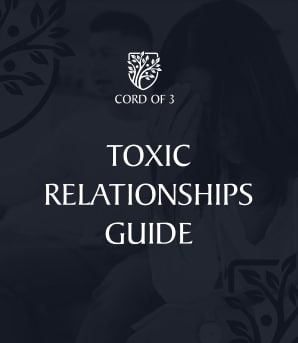Through the spectator’s eyes, the message exchanged is too subtle to notice. The execution of the maneuver that follows appears to have occurred with a single, passing thought between the two. Flawlessly the two float together, appearing to move as one. For the connection to be strong between this 1000lb animal and the rider, the bond must be based on trust, compassion, and respect. This is where true partnership and connection come. Victory. Triumph. Growth. The outcome of less can be catastrophic for both parties.
To simplify a complicated skill that can take years of practice to master, learning to ride a horse begins with the use of the piece of equipment called the bridle. Perhaps you’re familiar with the headpiece that holds the bit and reins in place. This equipment allows the rider to communicate speed and direction with the horse. Like the scripture says, “we put bits in the horses’ mouths, that they may obey us; and we turn about their whole body”. (James 3:2). Because of the nature of horses and humans, any successful experience will start with trust, wisdom, and kindness. This has to grow with time and practice. When you observe the most accomplished equestrians, their communication with their horse is so strong, it’s unnoticeable by the untrained eye. This victory in cultivating a partnership through communication is one we can experience as well with our human relationships.
The art of communication takes repetition and practice. It sometimes requires repentance and forgiveness. Victory in communication relies on wisdom, understanding, compassion, and truth. The same goes whether you discuss equestrian sports or our human relationships. James discusses the dangers of an unbridled tongue to elaborate on the importance of overcoming corrupt communication in our life (James 3). An unbridled, untrained horse is not a safe partner in the same way a cruel, untamed or lying tongue can wreak havoc on our relationships. However, with much help from the Holy Spirit and our submission to obey, we can “bridle the whole body”, walking in freedom.
Although our tongues can cause a lot of trouble, we can also experience great triumph over the “unruly evil” that it is. Walking in the Spirit in our conversations cultivates the fruits of patience, meekness, and peace. When we exercise the power of the Holy Spirit, we are able to put these things into practice, to do what is unnatural for our flesh. A bridled tongue is one of self-control (James 1:19, Proverbs 10:19). In this way, we are able to listen wholly and attentively, to understand the words and meaning coming in. Our responses are thought out and based on truth, wisdom, and love. A bridled tongue is full of grace and compassion (Colossians 4:6). Our words speak to edify and to build up, not tear down. We have the true best interest of the other person in mind. We have a motivation to see them walk in God’s love too. A bridled tongue speaks what is true and loving (Ephesians 4:15). Just as Christ was full of truth and grace, so must we be with our words. Both truth and love are necessary components of a bridled tongue.
Following the example of Christ, submitting to the guidance of the Spirit, we may experience a surreal freedom that comes from His manifest presence with us. To describe it in words would simply not do the experience justice. Our victories exist in our manner of conversation because we serve a Good God. He, by his grace, grants us the ability to bridle our whole body, exercising trust, patience, wisdom, love, and self-control.
